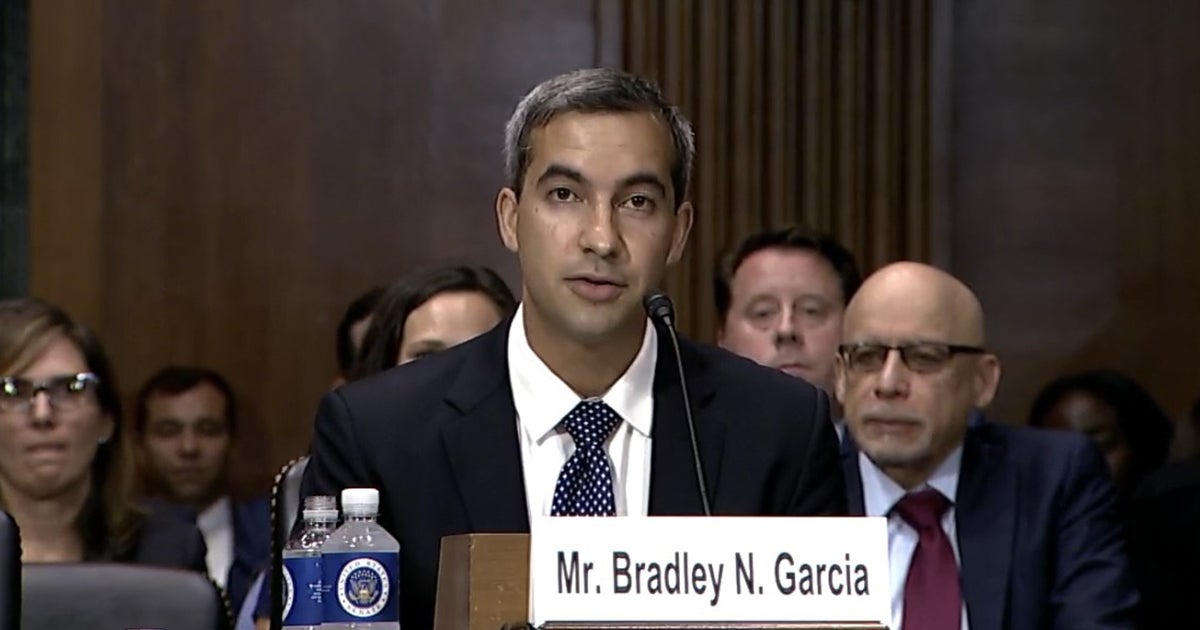
by Maya Noronha • 4 min read
President Biden recently renominated Bradley Garcia to be a federal appellate judge, despite the nominee’s admission that he chose to take cases and argued against religious freedom. Last year, Garcia’s nomination died at the end of the year with a scheduled Senate confirmation vote. But Garcia is now back into the pipeline for the U.S. Court of Appeals for the D.C. Circuit, and with him, a threat to religious liberty.
Garcia had challenged the First Amendment rights of religious schools to freely make employment decisions in the case Our Lady of Guadalupe School v. Morrisey-Berru. If Garcia’s legal theories had been adopted by the court, the door would have opened wide for interference with the independent employment decisions of religious schools.
Garcia’s position was so extreme that seven justices—including liberal Justices Elena Kagan and Stephen Breyer—rejected his legal arguments in the Court’s 7-2 decision.
At Garcia’s confirmation hearing last July, Garcia was called to answer about his role in that case. Sen. John Kennedy of Louisiana said, “You were arguing against the Catholic elementary school and against, at least from their point of view, their religious freedom.” Garcia admitted he took a stance against religious freedom, saying, “I think that’s fair.”
After that disturbing exchange, other U.S. Senators sounded the alarm about the nominee. Senate Judiciary Committee Ranking Member Charles Grassley of Iowa raised “concerns about his judicial philosophy, including his approach to religious liberty.” The Senator added, “He litigated against Catholic elementary schools, arguing that federal courts have the power to intervene in employment disputes involving teachers responsible for instructing students in the faith.”
Subsequently, 10 Senate Judiciary Committee members voted against sending the nominee to the floor. Senate Majority Leader Schumer never scheduled Garcia for a vote by the full Senate during the last session of Congress. President Biden’s renomination tees up Garcia for a second chance for a confirmation vote.
A seat on the D.C. Circuit has the potential to put Garcia in the position to decide major cases on religious liberty. Remember, it is often considered the second highest court in the country after the Supreme Court. If confirmed, it may put Garcia on a path to a later U.S. Supreme Court nomination. More current and recent U.S. Supreme Court Justices have previously served on the D.C. Circuit than any other court.
Despite efforts to stack the courts with enemies of religious freedom, First Liberty continues to be first in the fight for the right of religious schools to freely choose who teaches religious doctrine.
In addition to filing an amicus brief in the Our Lady of Guadalupe case pointing out the errors in Garcia’s arguments, First Liberty has successfully provided direct representation of religious schools such as Academia del Perpetuo Socorro and Academia San José in Puerto Rico. The Constitution protects the right of religious schools and institutions have the right to freely choose who will preach their religious message, teach their religious doctrine and lead our future generations according to their religious tradition.
Religious schools, ministries, houses of worship and individual Americans are confronting increasing attacks on their rights. Now, more than ever, our federal courts need judges who are committed the Constitution, the rule of law and the protection of our freedoms—including religious liberty. As the Senate ramps up confirmations and hearings in the next several weeks, First Liberty will continue to provide you with the facts if any of President Biden’s nominees have a radical or unacceptable record.